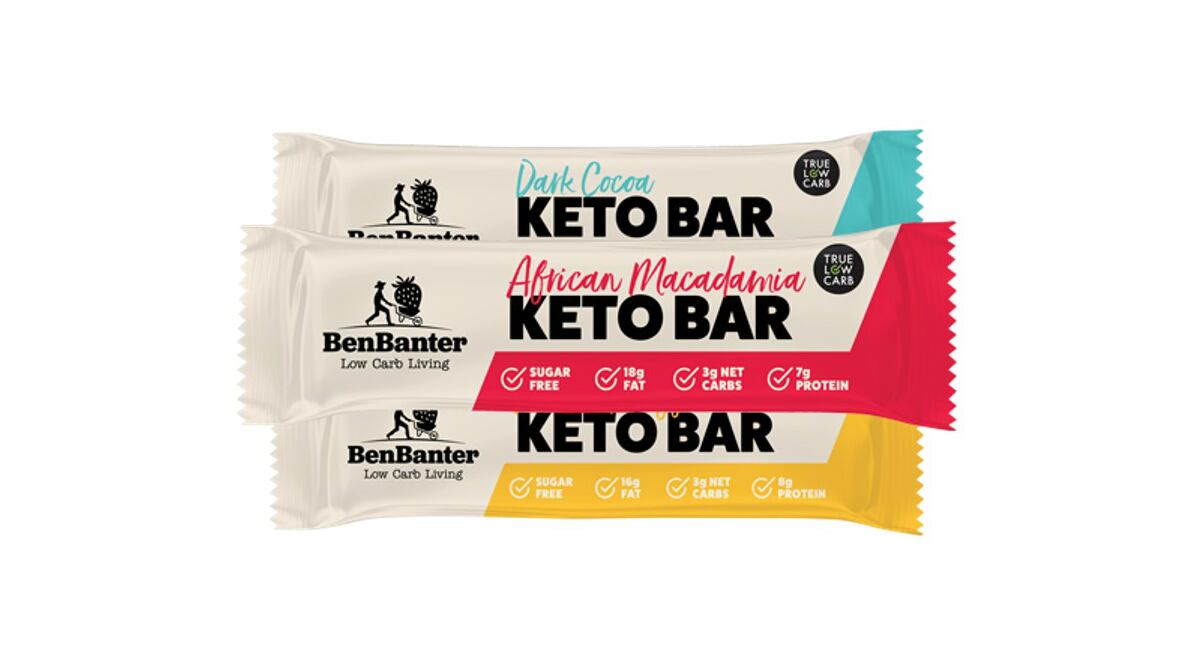That was the view expressed by Mark Myerson, the CEO of Singapore-based health and wellness firm, Spinnach.
The company had previously tried to introduce its ketogenic-based weight-loss programme and corporate wellness services in Singapore, but initial market tests turned out to be less successful than it had hoped.
It has since shifted its focus to further developing its health food brand BenBanter, spurred by a “small but receptive — and growing — market of carb-conscious consumers” in Singapore.
Public perception and policy
Myerson told NutraIngredients-Asia: “The medical establishments and nutrition community are far behind on the science and generally unsupportive (of the keto diet), so we found it was an uphill battle to spread our message.
“Whenever the mainstream media writes about keto in Singapore, the comments from the so-called experts are generally replete with (incorrect) negative insinuations and half-truths, such as ’people need carbs for energy’, that people on a ketogenic diet have withdrawal symptoms and low energy, or that keto diets are dangerous and can cause ketoacidosis (a life-threatening condition often confused with ketosis).”
He added that Singapore, like most of the rest of Asia, had been slow to accept the benefits of the keto diet as it was seen as a foreign concept unsuitable for the lifestyle needs and dietary patterns of Asian populations.
“We have heard a lot of negative sentiment about low-carb diets in Asia, where rice is a staple. But we think health trumps food culture everywhere. Another insight is that a low-carb diet is always adapted to local culture and food preferences.
“It is not a ‘Western’ concept; it is a universal physiological and health concept. Having said that, it needs to take on its own distinct flavour in Asia. We don't see a difference between pasta- or bread-eating Westerners and rice- or noodle-eating Easterners.”
He then elaborated on two main factors he believed would influence the adoption of the ketogenic diet: market maturity and category leadership.
“Where a market lacks critical mass (due to) not enough followers, success stories, or buzz), it is always an uphill battle to convince consumers to change their eating habits. And for now, Singapore doesn't have critical mass in our space. The market is nascent.”
In terms of category leadership, he felt Singapore was lacking in the medical, scientific, nutritional and government aspects. Unlike Singapore, countries like the UK, Canada and Australia have their fair share of renowned scientists and academics challenging conventional dietary guidelines, as well as orthodoxy on the causes and cures for heart disease and diabetes.
“These are the people reversing diabetes, testing lifestyle and dietary interventions in a clinical setting, writing books and educating the public. But perhaps, more than other places, Singapore relies on government for leadership. It has a long history of changing behaviour through public education and policy.
“We believe that if and when the government steps in to encourage a low-carb diet, Singapore will become a very exciting market that will grow quickly. And we can't see how that won't happen at some stage, given the war on diabetes and the focus on healthy ageing.”
Don’t tell, just give
He also said, however, that while response to Spinnach’s weight-loss and corporate wellness programmes in Singapore had been disappointing, the firm had also noticed a growing interest in its health food brand’s low-carbohydrate snacks.
He explained: “(We learnt that) the key insight was not to focus on education and behavioural change, as trying to convince people to change their diets and understand the technicalities was too hard and too expensive.
“Rather, we had to find people who already believe in a keto approach, and serve them with well-formulated snacks under an attractive brand.”
BenBanter serves this purpose for the company. Currently, its products include low- to no-carbohydrate snack bars, seeded crackers, hot chocolate, chocolate mousse, and granola. They are also sugar- gluten- and lactose-free, with a low GI and no artificial flavouring.
The ingredients used are sourced “from around the world”, particularly South Africa, as production costs there are low despite high manufacturing standards. According to Myerson, Spinnach wants to make these ingredients readily available in Singapore eventually.
He added: “As we move into other categories, we will focus on places like Australia, Japan and the US (to source our ingredients), where best-of-class products exist.”
The products are manufactured in South Africa and air-freighted to Singapore, Ben Banter’s sole market at the moment. Spinnach has been highly selective with its retailers so far, choosing only those that “understand the low-carb category, are knowledgeable, and care about health”.
As such, the full BenBanter range is available only at hybrid grocery-dining concept stores Mahota Market and Mahota Commune 809, while its seeded crackers, chocolate mousse and keto bars are sold at select Watsons outlets.
Aiming for APAC
Myerson said there were definitely “ambitious plans” to expand the product range — in fact, BenBanter’s next launch is due around the end of May. While he was unable to reveal further details for now, he said it would signify a “new and exciting category” for the firm.
In terms of regional expansion, Spinnach intends to bring BenBanter to Malaysia, then Hong Kong, as “there are similarities and synergies between Singapore and these other markets, including some shared economic and cultural traits”.


